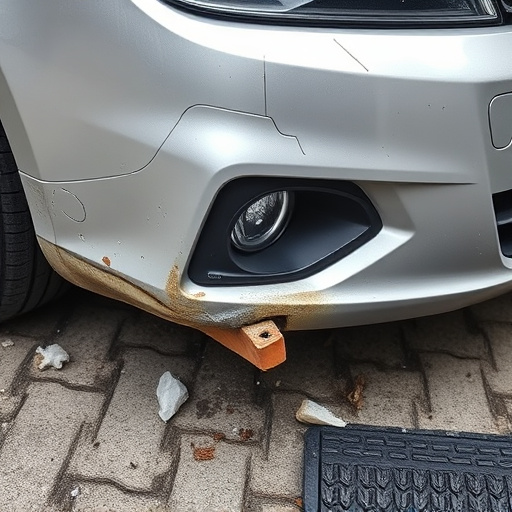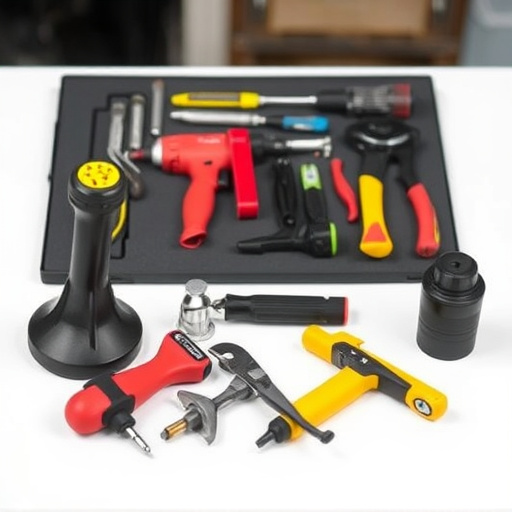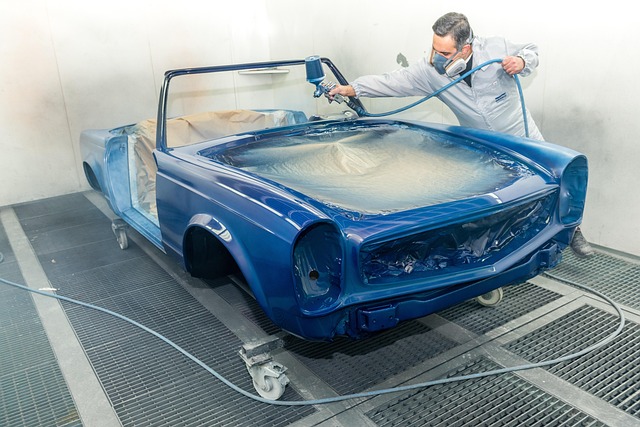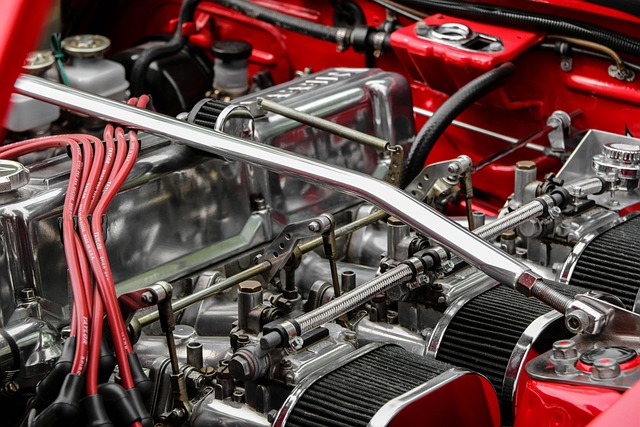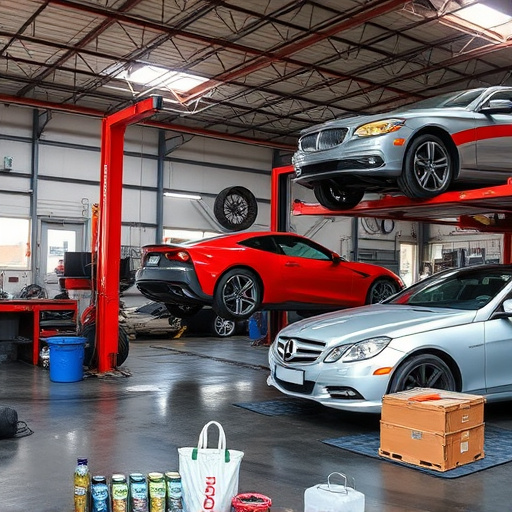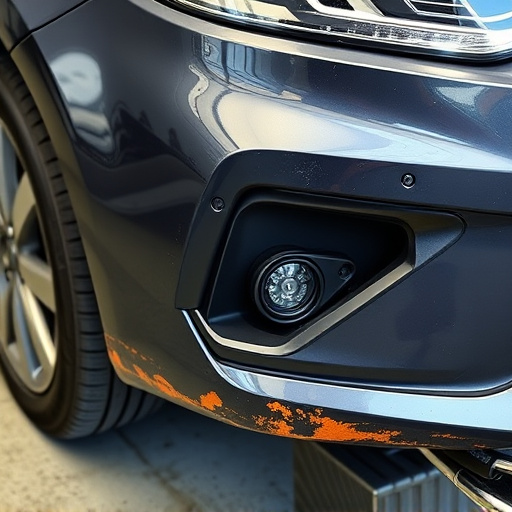Commercial vehicle repair is a strategic focus for optimizing fleet performance and safety in a competitive transportation industry. Regular maintenance, timely repairs, and specialized services like auto body and collision repair prevent costly breakdowns, ensure reliable vehicles, and extend lifespan. Best practices include preventative schedules, telematics, and real-time monitoring for efficient fleet management.
Commercial vehicle repair is a critical yet often overlooked aspect of fleet management. Effective maintenance strategies directly impact operational efficiency, reducing downtime and fuel costs while extending vehicle lifespan. This article delves into the transformative power of commercial vehicle repair, highlighting key areas where proactive repairs translate to boosted fleet performance. We’ll explore best practices for establishing robust maintenance programs, ensuring your commercial fleet operates at peak levels.
- Understanding the Impact of Commercial Vehicle Repair
- Key Areas Where Repairs Boost Fleet Efficiency
- Best Practices for Effective Commercial Fleet Maintenance Programs
Understanding the Impact of Commercial Vehicle Repair

In the realm of commercial transportation, understanding the impact of vehicle condition on overall fleet performance is paramount. Commercial vehicle repair goes beyond mere fixing of mechanical issues; it’s a strategic investment in operational efficiency and safety. Regular and prompt repairs significantly reduce downtime, ensuring that vehicles are on the road, plying their trade, and generating revenue consistently. This, in turn, translates to improved productivity and cost savings for fleet operators.
A well-maintained commercial fleet boasts not only better performance but also enhanced longevity of its vehicles. Collision repair shops play a pivotal role here, offering specialized auto glass repair and comprehensive vehicle repair services tailored to the unique needs of heavy-duty machines. By addressing issues swiftly, these shops prevent minor repairs from escalating into major, costly overhauls. Ultimately, efficient commercial vehicle repair practices create a dynamic, robust fleet capable of navigating today’s demanding transportation landscape.
Key Areas Where Repairs Boost Fleet Efficiency

Commercial vehicle repair plays a pivotal role in enhancing fleet performance by focusing on key areas that significantly impact operational efficiency. One such critical aspect is regular maintenance and timely repairs, which can prevent costly breakdowns. By addressing issues like engine malfunctions, transmission problems, and worn-out components, fleet managers ensure their vehicles remain reliable and safe on the road. This proactive approach not only minimizes downtime but also optimizes fuel efficiency, as well-maintained vehicles typically consume less fuel.
Additionally, commercial vehicle repair includes specialized services such as auto body repair and vehicle collision repair, which are essential for restoring damaged vehicles to their original condition. These repairs ensure that fleet vehicles maintain their structural integrity and aesthetic appeal, thereby improving overall performance and driver satisfaction. Efficient fleet management also involves regular inspections and preventative measures, allowing for the early detection of potential issues before they escalate, further contributing to a fleet’s overall efficiency.
Best Practices for Effective Commercial Fleet Maintenance Programs

Implementing a robust commercial fleet maintenance program is key to optimising performance and reducing downtime for businesses relying on their vehicle fleets. The best practices involve establishing regular, preventative maintenance schedules tailored to each vehicle’s make, model, and usage. This includes routine checks for tire pressure, fluid levels, brake systems, and exhaust components, which are crucial for safety and efficiency. Early detection of potential issues through these checks can prevent minor problems from escalating into costly repairs.
Moreover, leveraging modern technology such as telematics and diagnostic tools enables fleet managers to monitor vehicle health in real-time. This data provides insights into maintenance needs and helps identify patterns or trends that may indicate broader operational improvements. Integrating commercial vehicle repair services into this framework ensures that any necessary repairs are addressed promptly, minimising disruption to daily operations. For example, timely dent repair or automotive collision repair can restore a vehicle’s safety features and aesthetic appeal, maintaining the overall fleet’s high performance standards.
Commercial vehicle repair plays a pivotal role in enhancing fleet performance. By addressing key areas such as engine health, safety systems, and regular maintenance checks, fleets can significantly improve efficiency, reduce downtime, and lower operational costs. Implementing best practices for effective commercial fleet maintenance programs, including proactive scheduling, detailed record-keeping, and utilizing advanced diagnostic tools, ensures that vehicles are always in top working condition. This, in turn, leads to safer driving, improved customer satisfaction, and a more sustainable business model.
